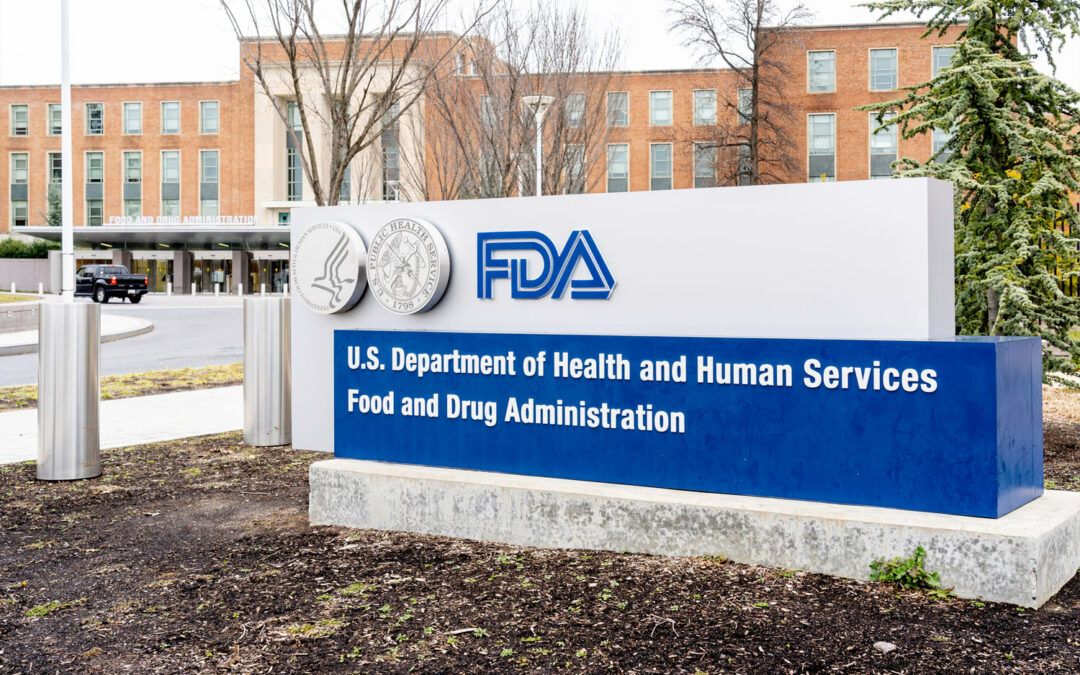The FDA just announced its most serious recall regarding a pair of heart devices, the HeartMate II and HeartMate 3, manufactured by Thoratec Corp., a subsidiary of Abbott Laboratories. This Class 1 recall follows years of reports of problems with these devices, which have been linked to 273 injuries and at least 14 deaths. This recall affects both Heartmate II and Heartmate 3 systems, impacting thousands of patients.
The devices, designed to assist the heart in pumping blood, are crucial for patients with end-stage heart failure who are awaiting transplants or need long-term support. Both HeartMate II and 3 can be used while waiting for a heart transplant, to aid heart recovery, or as a permanent solution when transplantation isn’t feasible. The HeartMate 3 can also be used in pediatric patients. The Food and Drug Administration (FDA) has highlighted a critical issue where biological material can accumulate within these devices, obstructing blood flow and potentially leading to serious complications.
The recall has raised concerns among safety advocates about the reporting process for issues with approved medical devices. While some surgeons may have been aware of problems with these devices, others, especially those who don’t frequently implant them, may have been unaware, leading to adverse events for patients.
The recall involves mechanical pumps implanted in patients with end-stage heart failure. These pumps, small enough to fit in the palm of a hand, assist the heart in pumping blood when it is unable to do so effectively on its own. The recall affects 13,883 devices distributed in the United States since April 21, 2008. The specific issue arises from the accumulation of biological material between the Heartmate outflow graft and other components added during surgery. This accumulation, known as “Extrinsic Outflow Graft Obstruction” (EOGO), can trigger alarms indicating low blood flow and may hinder the device’s ability to support the heart effectively.
This buildup can occur gradually, appearing two years or more after the device is implanted. Diagnosis methods include imaging to rule out compression of the outflow graft. Treatment options range from patient monitoring to surgical interventions or pump replacement, depending on the severity of the obstruction. Doctors have been advised to monitor for “low-flow alarms” on the devices, which may indicate an obstruction.
While the HeartMate 3 is currently the only option for many patients with end-stage heart failure who do not qualify for transplants, the recent recall has raised concerns about the future availability of these devices. It’s worth noting that Abbott acquired the Heartmate left ventricular assist device through the acquisition of St. Jude Medical in 2017. With Abbott being the sole supplier of such devices in the U.S. following Medtronic’s withdrawal of its Heartware pump in 2021, the importance of addressing these issues promptly and effectively cannot be overstated.
If you have a HeartMate device, follow the recommendations of your health care team and contact an attorney for legal advice. Attorney Marilyn McGoldrick leads our defective drug and medical device practice and has a proven track record in medically related product liability cases. Call her for a free, no obligation consultation at 1-888-341-1405. You can also contact us online.

